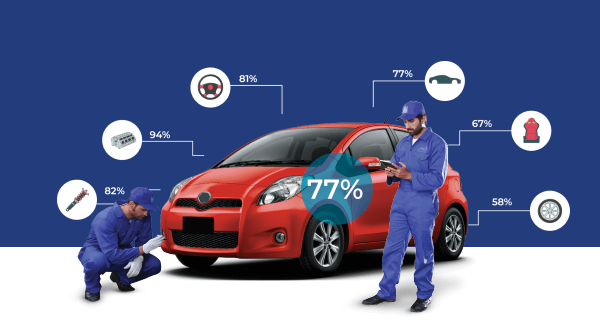Buying a car is a significant investment, and for many people, financing is the most practical way to afford a vehicle. There are various car financing options available, each with its own advantages and conditions. Understanding these options can help you make an informed decision that suits your financial situation. According to Attac project.eu, selecting the right financing plan is crucial for long-term financial stability.
Table of Contents
1. Car Loans
Car loans are one of the most common financing options. In this arrangement, a lender provides a loan to purchase the car, and the borrower repays it in fixed monthly installments. Interest rates can vary based on factors such as credit score, loan duration, and the lender’s policies. Car loans are typically secured by the vehicle itself, meaning the lender can repossess the car if the borrower defaults on payments.
2. Hire Purchase (HP)
A Hire Purchase agreement allows the buyer to pay for the vehicle through monthly installments after making an initial deposit. Ownership of the car remains with the lender until the final payment is made. This option is suitable for those who want a structured payment plan without requiring a large upfront payment. However, it’s important to note that the total cost, including interest, may be higher than the car’s original price.
3. Leasing
Car leasing is another financing method where you pay to use a car for a specific period without actually owning it. There are two types of leases: operating leases (where the car is returned at the end of the lease term) and finance leases (where you have the option to purchase the vehicle at the end of the lease). Leasing is ideal for individuals who prefer driving a new car every few years and do not want the burden of long-term ownership.
4. Personal Contract Purchase (PCP)
PCP is similar to leasing but with an option to buy the car at the end of the term. In this agreement, you pay a lower monthly installment compared to traditional loans, as a significant portion of the car’s value is deferred to a final lump sum payment (often called a balloon payment). If you decide not to buy the car, you can return it or trade it in for a new model under a fresh PCP agreement.
5. Personal Loans
A personal loan is an unsecured loan that can be used to finance a car purchase. Unlike car loans, personal loans do not require the vehicle as collateral. This means you own the car outright from the beginning. However, interest rates on personal loans may be higher than secured car loans, especially if the borrower has a low credit score.
6. Credit Card Financing
Some buyers choose to finance a car using a credit card, especially if they have a high credit limit and a low-interest promotional period. While this option can be convenient, it is not always advisable due to the potential for high interest rates if the balance is not paid off within the promotional period.
7. In-House Financing
Many car dealerships offer in-house financing options, where they provide loans directly to buyers. This can be a convenient option, especially for those with less-than-perfect credit. However, the interest rates may be higher than those offered by banks or credit unions, so it’s important to compare different financing options before committing.
Choosing the Right Option
When selecting a car financing plan, consider factors such as your budget, credit score, interest rates, and long-term financial goals. It’s essential to compare different options, read the terms carefully, and calculate the total cost of ownership before making a decision. A well-chosen financing plan can make car ownership affordable and stress-free.
By understanding and evaluating different financing methods, you can make a financially sound choice that aligns with your needs and lifestyle.




